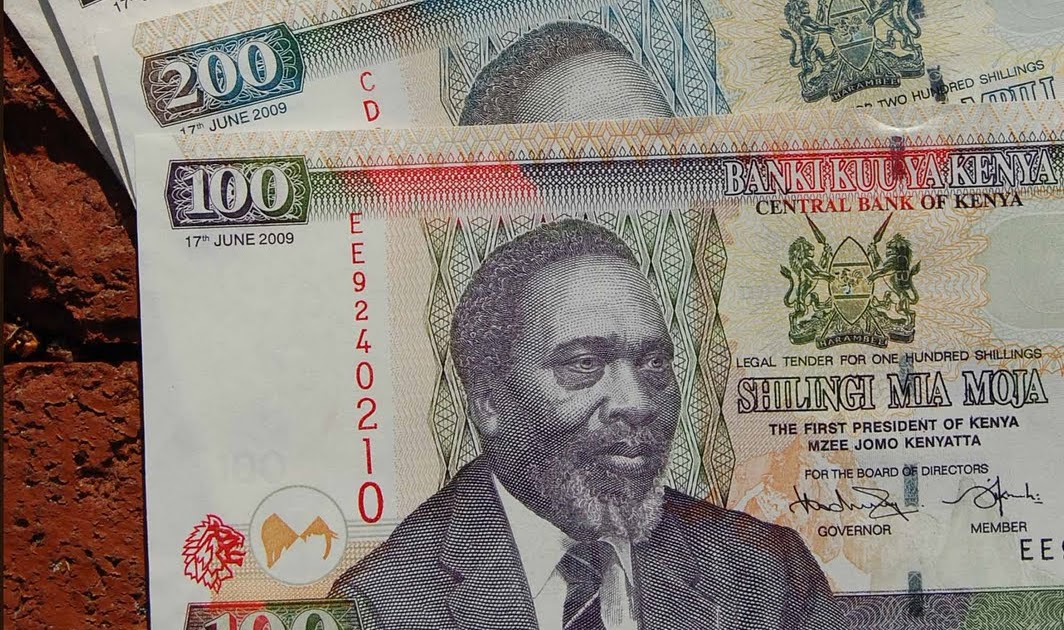Can Orange Kenya Be Safaricom’s Chief Competitor?
A couple of years ago, before mobile technology arrived in Kenya, telephone communication was monopolised by Telkom (now Orange) Kenya, then fully owned by the government. This was prior to the 2008 privatization which saw France Telkom buy 51% stake in the company, and subsequently re-brand it to Orange Kenya. Telkom was highly inneficient, but that’s all we had, and therefore couldn’t complain much.
Orange is a great improvement from Telkom, and is slowly gaining market share in the highly competitive mobile space. However, I feel they have certain advantages that if well utilised could see them potentially grow to give Safaricom a run for their money. Orange occupies a unique position: all businesses in Kenya have fixed line numbers (at least for now). In this position, there is a lot they can do; for example offering fixed mobile convergence to businesses. The fact that they’re government owned means it’s easy to get into valuable partnerships with parastatals such as KPLC, which would enable it to quickly roll out a country wide fiber network. With the implementation of a new constitution, broadband will soon be a basic need all over Kenya. Currently, Safaricom offers it via modem, it’s still very expensive, and can be unreliable. This is an area Orange could quickly move into.
Malaysia Telekom was in a similar position a couple of years back, and in 18 months was able to make the most amazing transformation into a lean competitive company.Malaysia Telekom’s CTIO shares their experience transforming a fixed line incumbent into a lean competitive company in this McKinsey Quarterly interview, and I believe there are lessons Orange could learn. Giorgio Migliarina the CTIO breaks down their transformation process into three components:
launching the new, transforming the old, and changing the mind-sets of our people
1. Launching the new: Malaysia Telekom started off by investing in a high speed fibre network, reaching the remotest parts of the country, through a private, public partnership, a project that was ready in one and a half years, in some measures the fastest roll out in the world. With this, they were able to launch a triple play service in 18 months. Currently, no one is offering triple play services outside of Nairobi.
2. Transforming the old: Customer care in telecommunications is core, and Giorgio had this to say:
Our flagship initiative, to deliver outstanding customer service in the most effective manner, was to deploy lean principles in an ambitious program designed to move us “toward operational perfection,” or TOP. When I started, I definitely thought our goal was too optimistic. Now, a year and a half into this program, the improvement in customer service we have already achieved has been phenomenal.
For example, we reduced fault-resolution time by 80 percent, and we cut the time required to install a new line by 70 percent. These sizable improvements have also generated a lot of positive momentum within the network operational field force. Our technicians are very proud of what they have achieved. TOP has been the key driver for the change in mind-set within our rank and file.
All telecommunication companies have a long way to go on this.
3. Changing mindsets: Telekom Malaysia adopted a lean approach to staffing. As he says there is no silver bullet for solving such a complex problem. They started by going out into the field to understand the pain points for all the staff members, from technicians to call-centre agents, then launched a pilot program, from which everyone learnt and implemented. A successful pilot and early quick wins, then boosted the staff morale to work on the transformation.
I do not claim to have solutions for corporations, but I believe there’s a lot for Orange Kenya to learn from Telekom Malaysia, as it’s very easy to be privatized, yet keep operating like a government corporation. In a competitive environment, this is a recipe for disaster.



1 Comment